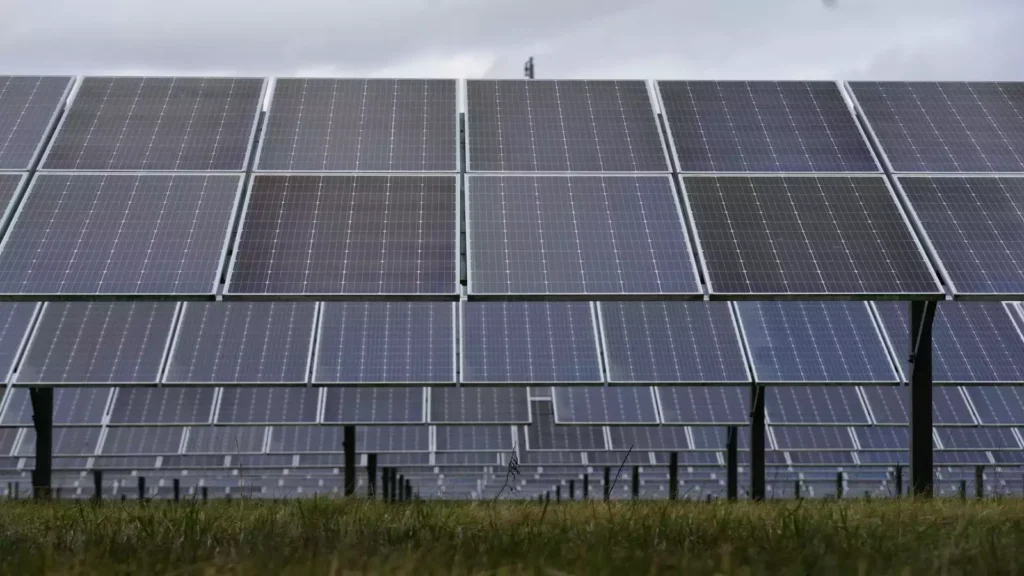Maharashtra has taken a giant leap toward sustainable energy by approving the long-term procurement of over 7,000 MW of solar power at competitive rates between Rs 2.82 and Rs 3.10 per unit. Maharashtra Electricity Regulatory Commission (MERC) has approved this scheme under the Mukhyamantri Saur Krushi Vahini Yojana 2.0 (MSKVY 2.0) to solarize the agriculture feeders by December 2025.
This bold step is poised to pave the way for Maharashtra to become the first state to transition its agricultural electricity supply to solar energy on this massive scale. Maharashtra State Electricity Distribution Company Limited (MSEDCL) will soon sign power purchase agreements with successful bidders, opening the gateway to the world’s most considerable distributed renewable energy (RE) project for agricultural land.
MSEDCL Managing Director Lokesh Chandra indicated the revolutionary nature of this project. “Maharashtra is at the forefront of leading the transition of farm electricity to solar electricity, and it is the world’s largest distributed RE agriculture land project,” he stated. The state’s total solar power purchase will now be 16,000 MW of which 9,000 MW has been approved.
The vision of the state government is to implement MSKVY 2.0 so that farmers are provided with daytime power through decentralized solar schemes. It will provide assured power supply for agriculture and make the procurement price of MSEDCL economical. The lower the cost of power in the long run, the relief it will provide to industrial and commercial consumers from cross-subsidy charges.
One of the largest benefits of this project is the dramatic reduction in reliance upon conventional energy. Power generation on solar lines will reduce the reliance on coal-power, reduce carbon emissions, and allow Maharashtra to realize its goal of sustainability. Furthermore, by using solar power, the agro sector will experience less disruption of power supply and improved energy security.
Farmers will also gain from a stable and reliable source of power, which will enhance farm production. State government promotion of renewable energy in agriculture is aligned with India’s overall push to increase the share of clean energy in its overall power consumption.
While Maharashtra takes the lead in the mass-scale adoption of solar power, the project not only supports the farm economy but also positions Maharashtra as a pioneer in adopting renewable energy. By the state opting for a greener future, projects such as MSKVY 2.0 indicate the power of new policy formulations actually to change things.
Read Also: Maharashtra Targets Solarising 35 Lakh Pumps by 2025

